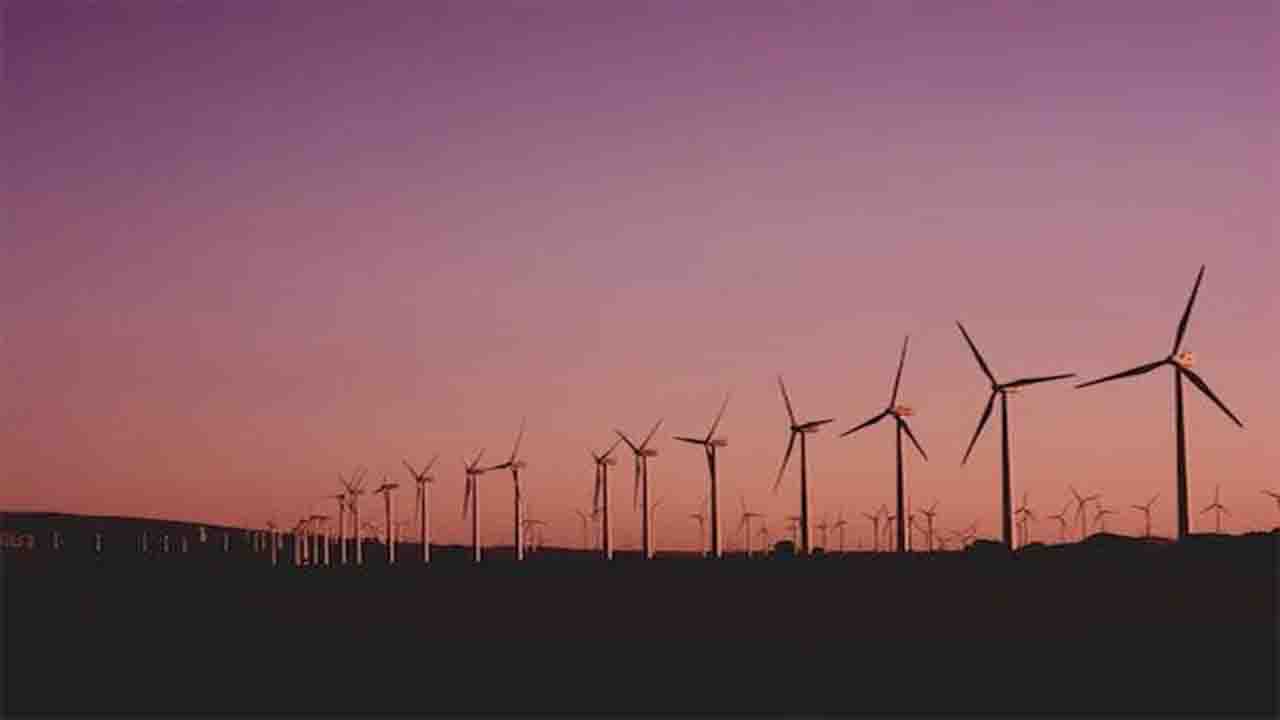In the face of the escalating climate crisis, nations across the globe are intensifying their efforts to combat climate change by committing to drastic emission reductions. A key driver of this transformative shift is the surge in renewable energy adoption, with countries striving to transition to cleaner and more sustainable energy sources.
One notable aspect of this global movement is the increasing prominence of renewable energy targets. Governments worldwide are setting ambitious goals to enhance the share of renewable energy in their energy portfolios. These targets encompass a diverse range of sources, including solar, wind, hydropower, and geothermal energy. The commitment to harnessing these clean energy alternatives marks a decisive step towards reducing reliance on fossil fuels and mitigating the environmental impact of traditional energy sources.
Solar power, in particular, has witnessed exponential growth as advancements in technology and falling costs make it a more accessible and viable option. Nations are investing in large-scale solar projects, embracing solar farms, and encouraging the adoption of solar panels in homes and businesses. This not only reduces greenhouse gas emissions but also fosters energy independence and resilience.
The wind energy sector is also experiencing a remarkable upswing. Offshore wind farms, in particular, have gained prominence as nations tap into the vast potential of wind resources over oceans. The development of more efficient wind turbines and supportive government policies has accelerated the growth of wind energy capacity, making it a cornerstone in the transition to a low-carbon energy landscape.
Hydropower continues to be a stalwart in the renewable energy mix, providing reliable and sustainable electricity. While the development of new hydropower projects is ongoing, nations are also exploring innovative approaches, such as upgrading existing infrastructure and incorporating fish-friendly technologies, to maximize the benefits of hydropower while minimizing environmental impact.
In addition to individual national efforts, international collaborations are shaping the renewable energy landscape. Initiatives like the Paris Agreement have galvanized global cooperation, encouraging countries to share expertise, technologies, and financial resources to accelerate the transition to renewable energy. Joint projects, research endeavors, and capacity-building initiatives are fostering a collective approach to addressing climate change.
The commitment to renewable energy is not merely a matter of environmental stewardship but also a strategic investment in sustainable economic development. As nations prioritize clean energy, they are witnessing the emergence of new job markets, technological innovation, and increased energy security. The transition to renewables is becoming a linchpin for fostering resilience and adaptability in the face of a rapidly changing climate.
While significant progress has been made, challenges remain. Overcoming barriers such as intermittency, energy storage, and grid integration is crucial for unlocking the full potential of renewable energy. Continued research, development, and investment in clean energy technologies will be instrumental in surmounting these challenges and ensuring a seamless transition to a sustainable energy future.
As the world collectively embraces renewable energy, the surge in clean power sources stands as a beacon of hope, signaling a determined global commitment to combating climate change and building a more sustainable and resilient future.








